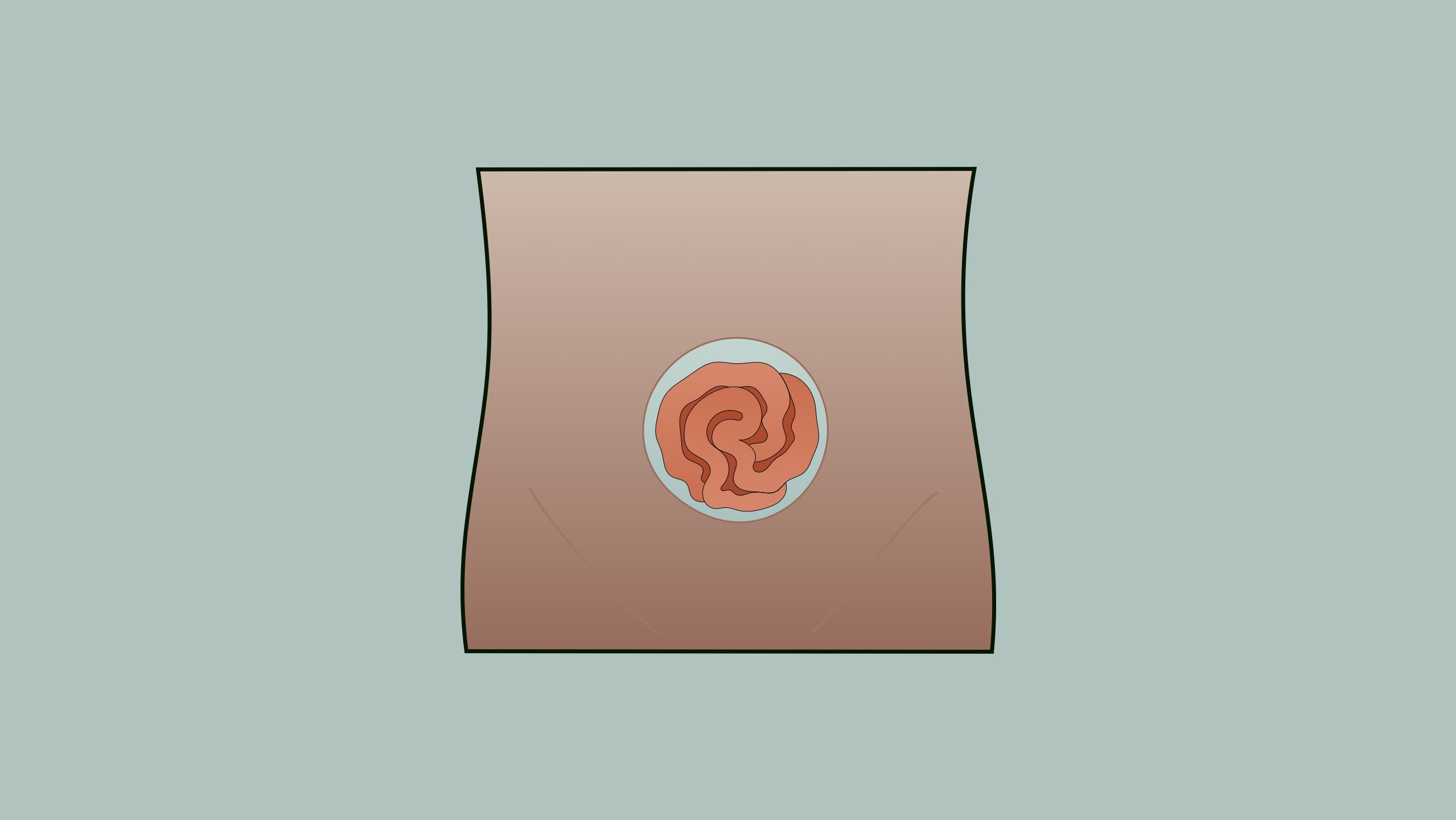Omphalocele occurs when there is a defect in the central abdomen. It was first described in a publication 1634 by Ambroise Paré. Hey completed the first successful surgical repair of omphalocele in 1803.
Pathogenesis
- Failure of (lateral) abdominal wall musculature to unite in midline during fetal development
- Failure of normal counterclockwise rotation of abdominal contents back into abdomen
Presentation
- Intestine is covered with peritoneum (not skin)
- Usually located in midline (note: gastroschisis is often to the right of umbilicus)
- Covered bowel has a normal appearance
Treatment
- Immediate primary closure → defects <1.5 cm
- Staged closure options
- Excision with mesh bridge
- Silo with serial reduction
- Vacuum-assisted closure
Relevant Information
- 50-60% of infants born with omphalocele will have concomitant congenital anomaly of skeleton, GI tract, nervous system, GU system, or cardiopulmonary system
- Associations
- Congenital anomalies and midline defects are common
- Cardiac abnormalities
- Down syndrome
- Cantrell pentalogy
- Omphalocele
- Cardiac defects
- Pericardial defects
- Cleft sternum
- Diaphragmatic hernia
